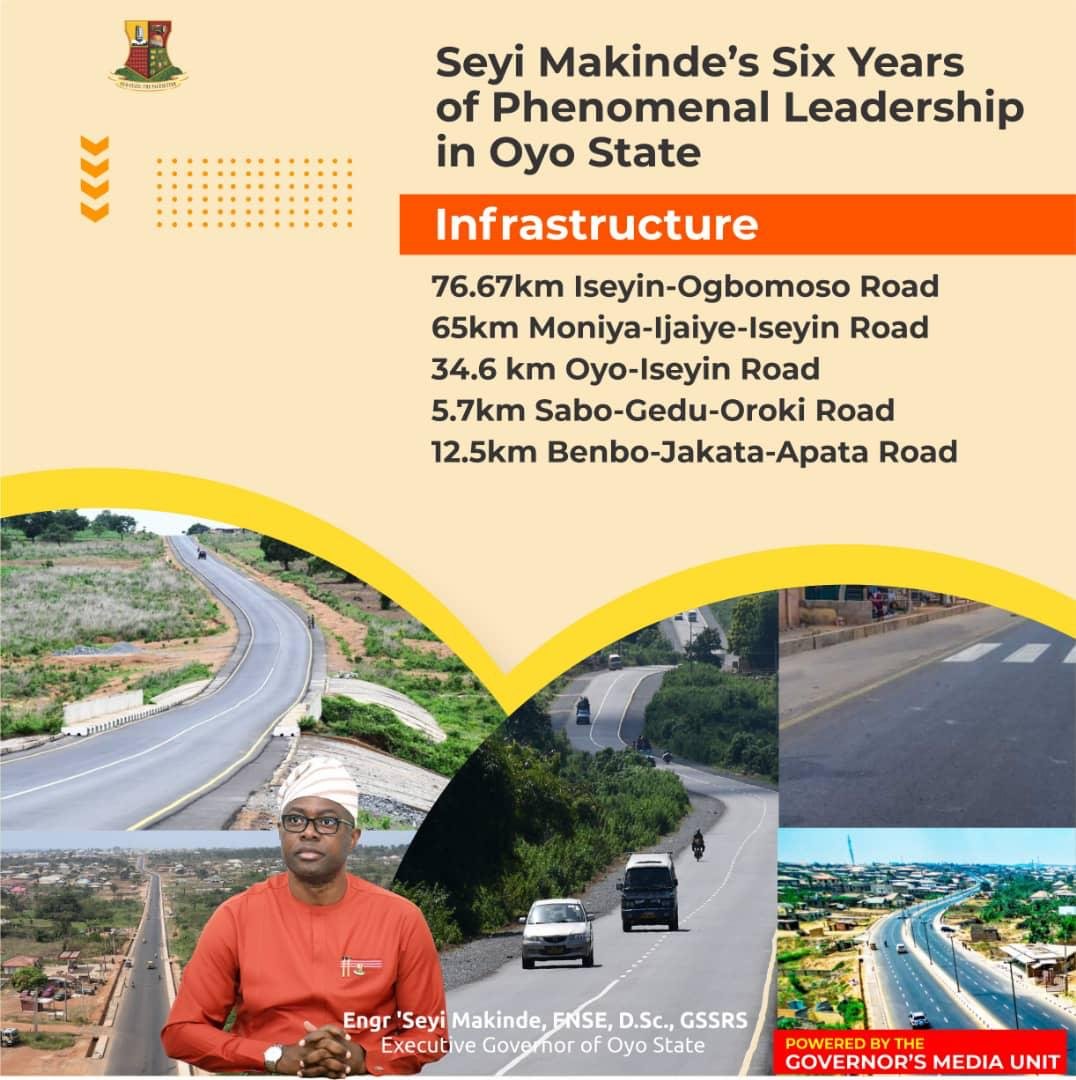Foreign investors overlooked Oyo and 27 states as the value of capital importation into Nigeria grew by 6.78 percent in the first quarter of 2023, according to the National Bureau of Statistics (NBS).
The total capital imported stood at $1.13 billion, up from the $1.06 billion recorded in Q4 2022.
According to the NBS report, the 28 states that failed to attract foreign investment in Q1 2023 include:
- Abia
- Bauchi
- Bayelsa
- Benue
- Borno
- Cross River
- Delta
- Ebonyi
- Edo
- Enugu
- Gombe
- Imo
- Jigawa
- Kaduna
- Kano
- Katsina
- Kebbi
- Kogi
- Kwara
- Nasarawa
- Osun
- Oyo
- Plateau
- Rivers
- Sokoto
- Taraba
- Yobe
- Zamfara
LAGOS A MAGNET FOR INVESTORS
In the quarter under review, Lagos took the lead as it outshined others — and the federal capital territory (FCT) — to top the list of states that attracted the most investments.
Analysis by TheCable Index shows that the country’s major commercial city attracted $704.87 million, representing 62 percent of the total capital inflow into Nigeria.
Babajide Sanwo-Olu, governor of Lagos, recently assured investors that the state is the right place for investments and “the crown subnational jewel of the African economy”.
He said Lagos was ripe for investments in financial technology, education technology, health technology, business process outsourcing (BPO), talent training and placement, or physical infrastructure like data centres, among others.
According to the NBS report, the FCT emerged as the second top investment destination with $410.27 million — representing 36 percent of the total capital inflow in the country.
Other states that attracted foreign investments in Q1 2023 are Akwa Ibom ($5.21 million), Adamawa ($4.50 million), Anambra ($4 million), and Ogun ($2.09 million).
Niger made the list with $1.50 million, Ondo had $0.20 million, and Ekiti secured $0.01 million.


































